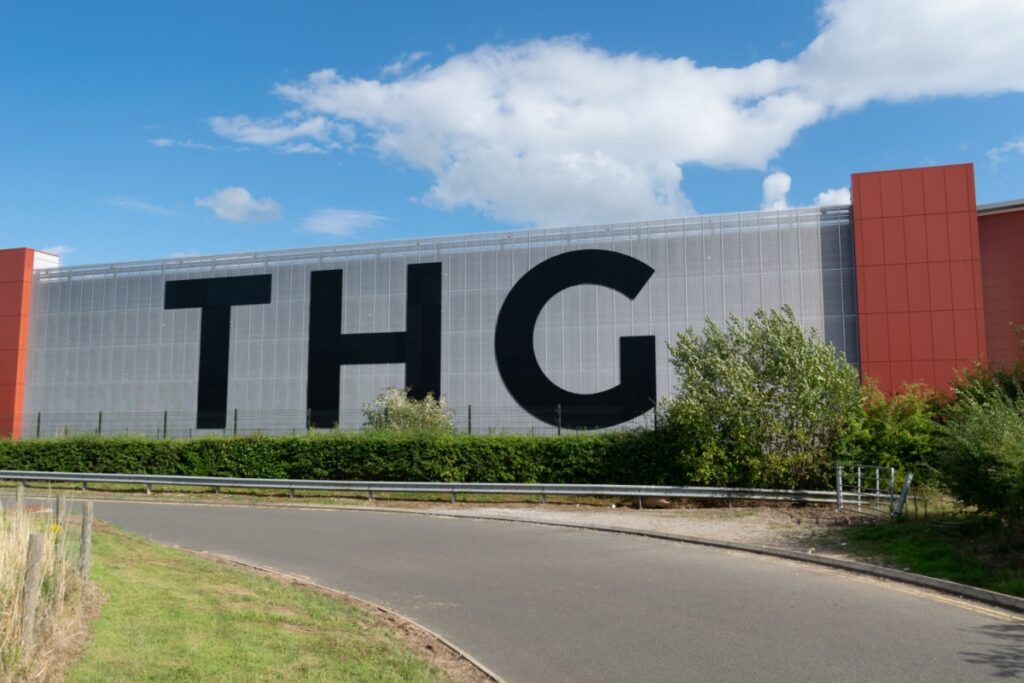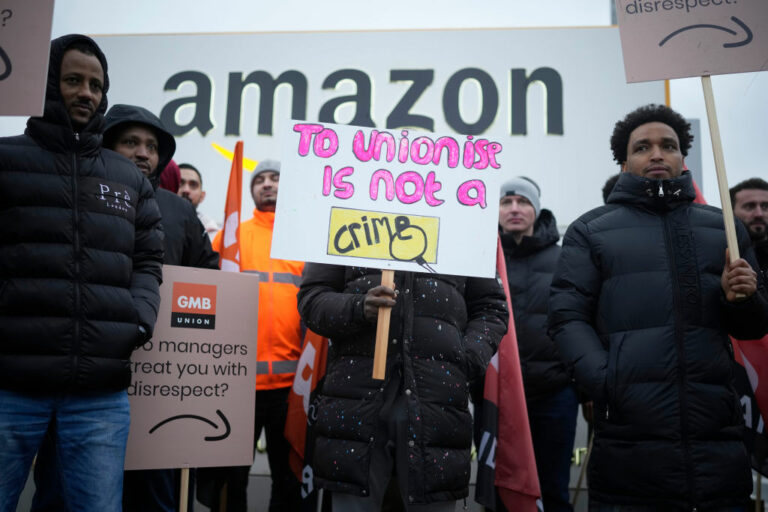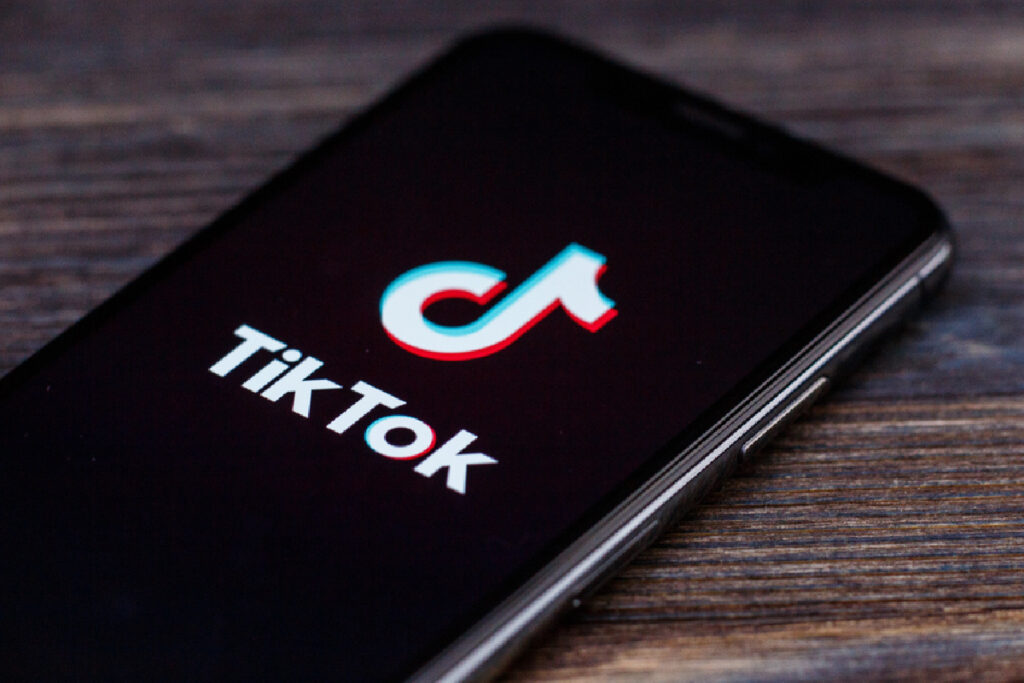This year’s Christmas footfall is predicted to be 17 per cent below 2019 levels with consumer confidence staying down.
As the UK continues to grapple with the ongoing supply chain crisis, shoppers are starting their festive shopping earlier, with Black Friday now expected to be more popular this year.
Amid uncertainty towards Christmas this year, how can retailers entice shoppers back to store?
Productsup chief innovation officer Marcel Hollerbach told Retail Gazette that concerns over inventory and supply chain issues have meant that the Christmas period has started earlier than ever this year.
He stated that however, in light of the pandemic, much of this activity has focused online, rather than the high street.
“Clearly, the high street will still play an important role in the season, and we as consumers still crave the browsing and tactile experience that physical retail offers,” Hollerbach explained.
“Brick-and-mortar retailers will need to up their game and provide a compelling reason for shoppers to show up.
“The most important point here is for retailers to ensure that they can effectively manage both online and physical operations.”
He stated that retailers who offer a Buy Online Pick-up In-Store option will make seasonal shopping much more convenient for customers and helps to drive sales.
However, Wunderman Thompson UK executive strategy director Neil Godber stressed the importance of thinking about what the changes in location have meant for your likely customer base and how you attract them.
“As some people have moved from cities to suburbs, what does that mean for the way they shop and where they shop,” he said.
“Are they coming into the city to work during the week or certain days, so can you offer speed, ease, convenience, inspiration and more for busy workers trying to mop up their buying. Or for out-of-city retailers, should you be catering for what were city dwellers at the weekends.
“For them, could you offer shopping as part of a fuller day of activities, where leisure and present buying are included in the same trip?
Living in a post pandemic Britain, the marketing models retailers previously relied on during the run up to Christmas may not be as effective as they once where.
“Covid has accelerated the growth of digital marketing”
New West End Company chief executive Jace Tyrrell continues that retailers must continue to adapt in order to reach consumers in the ever-changing retail landscape.
“This means that marketing techniques that may have proven successful in previous years might not prove adequate moving forward.
“Businesses in the West End are fully aware of this and, to keep up with the changing needs of shoppers, we are seeing more brand marketing innovations than ever before.
Tyrell cited the partnership between Selfridges and SoulCycle as a key example, where shoppers were able to try something different by making the most of the first outdoor SoulCycle spin class.
“Attracting as many visitors as possible to the district’s famous high streets during the festive season will be important if retailers want to capitalise on the increased footfall,” he added.
“We know that experimental brand techniques within the setting of a traditional Christmas resonates well with families and is a great way of enticing shoppers through doors.
“After the disruption to Christmas last year, we want to give shoppers in the West End a magical holiday experience that they will never forget.”
As energy and distribution costs surge and inflation levels worsen across the UK, retailers including Dove and Marmite owner Unilever have already warned of price increases.

Amid price hikes and shortages driven by supply chain issues should and can retailers be offering sales and further discounts to get shoppers in store?
Valentina Candeloro, international marketing manager at MOOD Media said that while sales and discounts have their place, shoppers are also looking for an experience and services, something that many consumers have sorely missed over the past year.
“Retail brands have invested in the customer experience – providing creative displays and facilitating online shopping in-store, but also transforming the space into social places of brand discovery,” said Candeloro.
She explained that even before the pandemic, retail brands were offering new services to their customers such as in-store cafés, product customisation, masterclasses, personal shoppers and other services with the aim to raise the time spent in-store and turning stores into multi-purpose destinations.
“One of the major advantages of stores over ecommerce is that shoppers can walk away with their purchase straightaway,” added Candeloro.
“With delivery being an issue in the UK right now, in-store may be the preferred place for shopping this Christmas.”
As bricks-and-mortar retailers try to compete with the boom to online, Holly Martin, head of Biddable at the digital marketing group Incubeta said retailers that don’t have an ecommerce site really need to get one if they hope to capitalise on Christmas sales.
“Alongside some of the population who consider themselves as an omnichannel shopper, there are customers that fit into online only; retailers without ecommerce are totally missing out on this type of customer,” Martin told Retail Gazette.
“For omnichannel retailers, stores still continue to drive the majority of sales, however a shift is occurring and online is taking a bigger piece of the pie than it did previously.
In order to drive customers in store, Martin explained that retailers must offer the customer some additional value that they don’t get online, creating those inspirational, physical experiences that aren’t possible online.
“Rather than thinking about the short term, retailers really need to up their game and up their store game”
“Rather than thinking about how to drive a customer to store, think about how to drive a customer to store and make sure they return,” she added.
“Retail parks are continuing to do well from a footfall perspective – what can other stores learn from the ones in retail parks?
“The experience of visiting a retail park is something you simply can’t get online.”
Christian Floerkemeier, chief technology officer at Scandit was in agreeance and said that as consumer expectations have changed, their reliance on technology has never been higher.
“The pandemic accelerated the introduction and adoption of new services such as Click and Collect,” said Floerkemeier.
“Retailers need to build such fulfilment strategies into their long term plans, rather than seeing them as a short-term fix for lockdown enforced closures, to cater to the more diversified ways consumers now prefer to shop.
“No longer is it a case of in-store or online.”
Similarly she explained that retailers must continue embracing ‘contactless retail’ to allow customers to maintain distance from others, especially as Covid numbers continue to rise across the UK this Autumn.
“Ultimately, there is an onus on retailers to give shoppers confidence when they walk into a store.
“For the high street, this means accelerating digital transformation projects and utilising technology to meet the demands of our new contactless society which is now a necessity.
“Clean, contactless and innovative will remain the focus for the foreseeable future, as people are more conscious of their safety and expect more from their retail of choice.
“Only by instilling confidence in the in-store shopping experience, can retailers hope to see sales start to pick back-up.”
Click here to sign up to Retail Gazette‘s free daily email newsletter

















